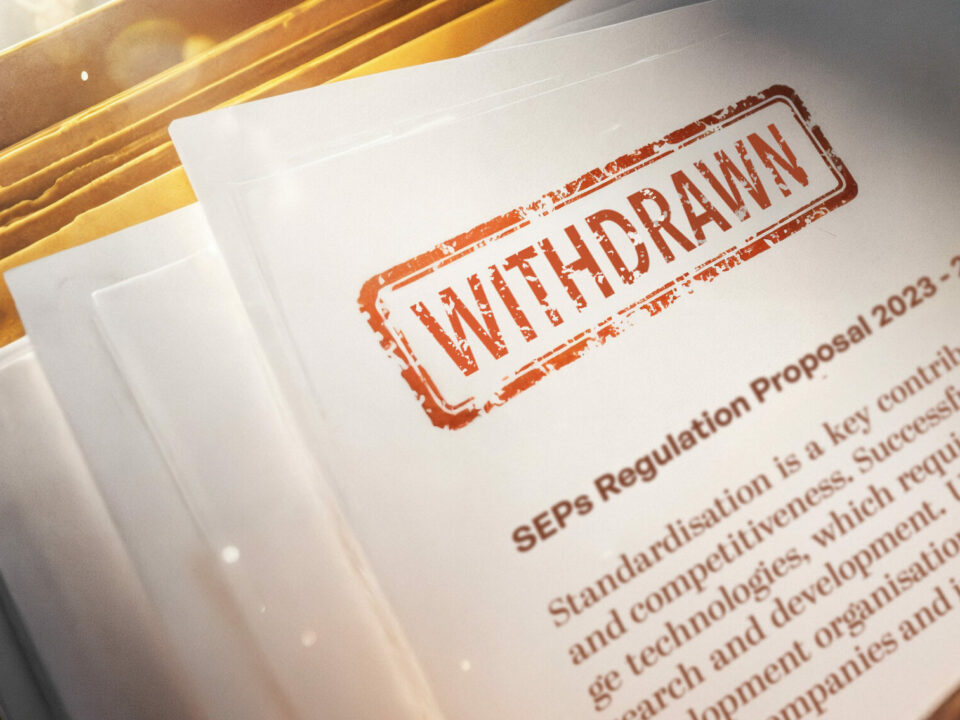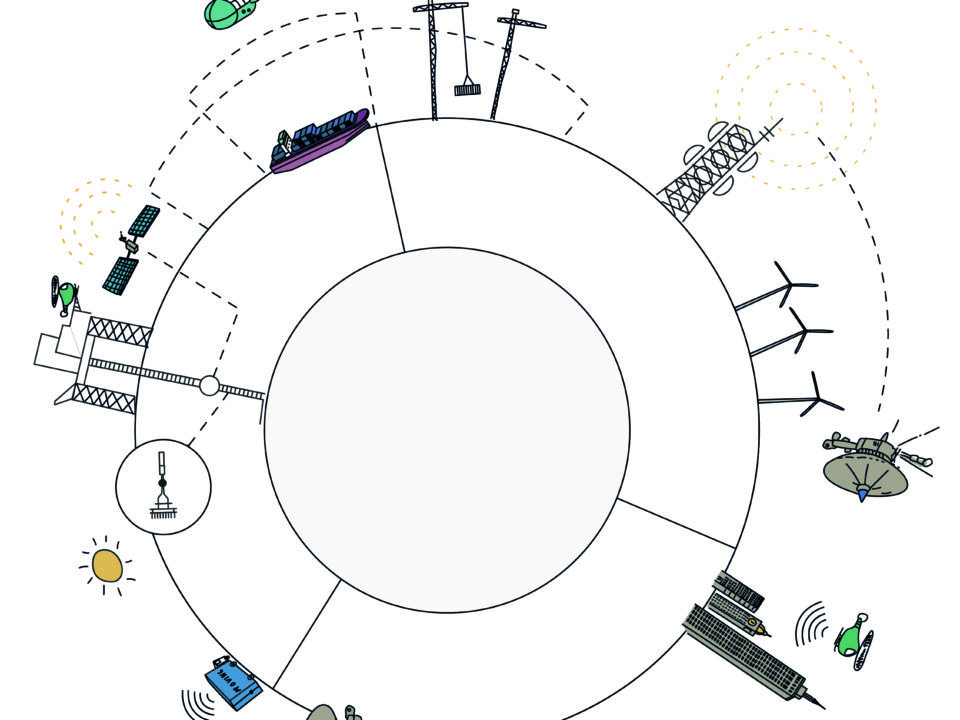DOJ abandons Draft 2021 Statement and withdraws 2019 Statement on SEPs
What happened?
The US DOJ, USPTO and NIST have announced that they have abandoned their proposed Draft Policy Statement on Licensing Negotiations and Remedies for Standards-Essential Patents Subject to Voluntary F/RAND Commitments (2021 Draft Statement). In addition, they announced that they would withdraw the 2019 Policy Statement on Remedies for Standards-Essential Patents Subject to Voluntary F/RAND Commitments (2019 Statement). The withdrawal of the 2019 Statement made it clear that the 2013 Policy Statement would not be reinstated. See the withdrawal at FN 1.
Context
To provide some context, the 2013 Policy Statement (issued by the Obama administration) could be interpreted to limit the availability of injunctions for SEPs subject to a FRAND commitment. The 2019 Policy Statement (issued by the Trump administration) withdrew the 2013 Policy Statement and restated that under existing law SEPs were no different than other patents and that all remedies should be generally available. The 2019 Policy Statement also indicated that availability of injunctions should be guided by the actual FRAND commitment at issue, and that FRAND disputes did not raise issues of antitrust law.
In July 2021 President Biden issued an Executive Order asking DOJ, PTO and NIST to revisit the 2019 Policy Statement. It encouraged these Agencies to review the 2019 Statement to ensure that it adequately promoted competition. In response to the Executive Order, on 6 December 2021, the Agencies proposed the 2021 Draft Statement. The 2021 Draft Statement, although a slightly more balanced than the 2013 Policy Statement, still could be interpreted to limit the availability of injunctions for SEPs.
Analysis
This has been a see-saw battle between those that invest in cellular standards (including members of IP Europe) and those that implement cellular standards but do not play a substantial role in their development (implementers). The implementers include many of the large digital platforms or gatekeepers. The 2013 Policy Statement and the 2021 Draft Policy Statement bore the fingerprints of the implementers. So where does the removal of all Policy Statements leave us?
The main benefit of the 2019 Policy Statement was that it removed the 2013 Policy Statement and the suggestion that SEPs should be treated differently than other patents when it comes to injunctions. The removal of all Policy Statements essentially leaves us in the same situation – there are no special rules regarding injunctions and SEPs. Instead, courts must analyse each case to determine whether or not an injunction will be appropriate based upon the existing caselaw.
Conclusion
As the problem of patent hold-out has grown, courts in Europe have increasingly been granting injunctions against implementers found to be unwilling licensees (see more here). With the removal of the Policy Statement in the United States, it remains clear that U.S. courts have the freedom to police patent hold-out. This is an important development because patent hold-out undermines private investment in open standards which are critical to our economic and national security.



